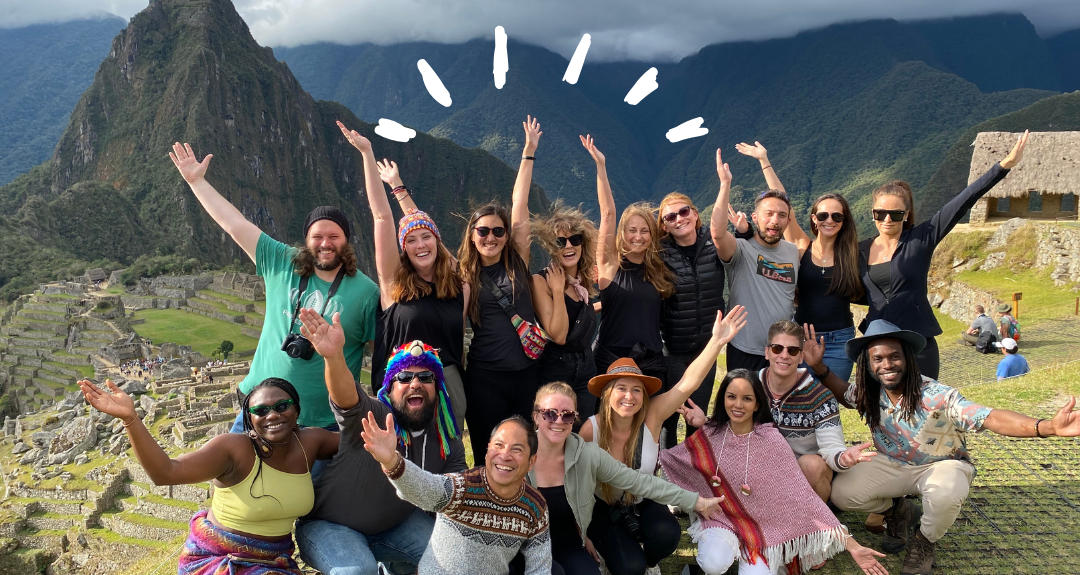Remote Year, the travel startup that pioneered month-to-month work-and-travel programs, is shutting down after nearly a decade in operation. The company shared the news in a statement on its website, citing “circumstances beyond our control” and attributing the closure to new ownership, Collective Hospitality, which it says “blocked our last opportunity to continue.”
The abrupt end comes just four months after Collective Hospitality, a Singapore-based hospitality group, had acquired Remote Year as part of its purchase of struggling hostel-and-hotel operator Selina. At the time, Gary Murray, CEO of Collective Hospitality’s parent company Destination Group, touted Remote Year as a “fabulous business” and signaled plans to expand its offerings for digital nomads.
“It is with a heavy heart that we share that Remote Year is shutting down,” the startup’s statement read. “Despite our team’s relentless efforts to secure a path forward, the new ownership has blocked our last opportunity to continue. As a result, all Remote Year staff are stepping down, and operations will cease by the end of the month.”
A Promising Start, Followed by Turmoil
Founded in 2015, Remote Year helped thousands of digital nomads travel around the world while staying productive. Selina, a millennial- and Gen Z-focused hostel brand, acquired Remote Year in 2020 in a bid to bolster its co-working and co-living offerings.
But Selina’s own financial woes soon overshadowed any potential synergy. Rapid global expansion and heavy debt led the company to declare insolvency in July 2024. It was subsequently delisted from the Nasdaq stock exchange, having failed to garner enough investor support following its SPAC listing.
New Ownership, Familiar Challenges
In late August, Collective Hospitality stepped in to purchase much of Selina’s distressed portfolio—including the Remote Year business—in what was described as a “fire sale.” At the time, Murray emphasized a 4- to 5-year turnaround plan for Selina’s hostel properties and specifically praised Remote Year’s appeal to digital nomads.
Yet, the bold promises to reposition and grow Remote Year unraveled swiftly, apparently. According to Remote Year’s final announcement, any last-ditch efforts to salvage the company were thwarted by Collective Hospitality, leaving the startup’s staff out of options and forced to wind down operations.
A loyal community of alumni had formed around Remote Year’s month-to-month travel programs, where participants would live and work in a new city every 30 days. Over the years, the platform facilitated remote work stays in cities across Latin America, Europe, Asia, and Africa, forging deep connections among travelers.
Remote Year’s statement encourages past participants to remain connected, suggesting that some elements of the community may live on independently or through future projects by the departing team. “We deeply believe in the transformative power of travel and connection and know this is not the end of the journey for our community,” the statement reads.
With Remote Year gone, the question remains whether Collective Hospitality or other travel brands will fill the co-working travel niche that the company helped popularize. It also raises concerns about how quickly a distressed hospitality group can meaningfully invest in new product lines, such as digital nomad offerings, while attempting to revive their recently acquired hostel business.

